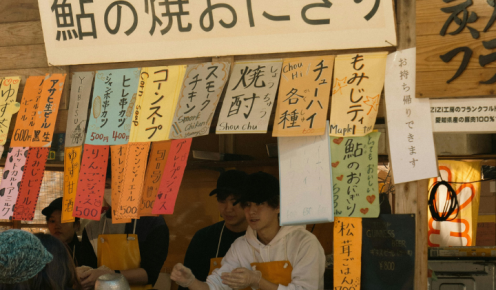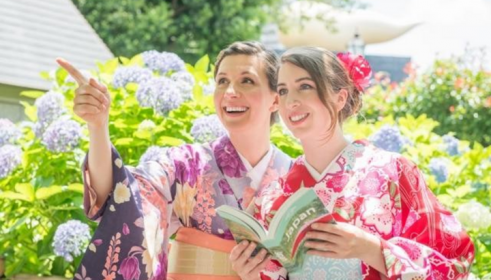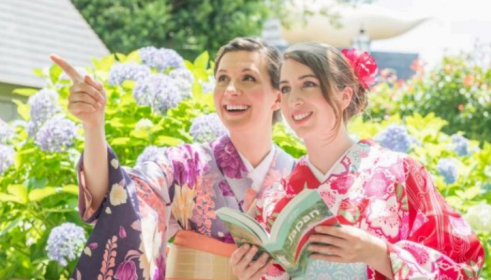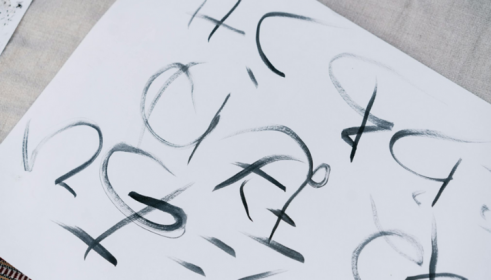8 Ways to Say Goodbye in Japanese
You must have heard SAYONARA for goodbye in Japanese…
But believe it or not, Japanese people don’t say SAYONARA for goodbye…
Sayounara (さようなら ) is the dictionary Japanese equivalent of goodbye, but it is not commonly used by native Japanese speakers.
Actually, SAYONARA means a permanent bye-bye. That means you are saying there is a chance that you might not be meeting for quite some time or forever.
It is better to know first how to communicate in Japanese while speaking with a Japanese person.
Saying SAYONARA to your boss or a family member may leave them feeling sad or confused.
How to Say Goodbye in Japanese: 8 Useful Expressions
1. じゃあね(jaa ne) /またね(mata ne)– Bye bye/See you
In the informal occasions or with friends, you can use: じゃあね (jaa ne) “see you,” or またね (mata ne). It has the same meaning of Bye-Bye and is more often used by Japanese people.
2. また明日(またあした, mata ashita) – See you tomorrow
You can say “Mata Ashita” to a Japanese person if you are planning to meet again the next day). It means “see you tomorrow”, or if next week, you can say また来週 (またらいしゅう, mata raishu), “see you next week”.
3. 行って来ます(いってきます, itte kimasu) – I’m leaving home
When you are leaving your home, you can say itte kimas. It means “I will be back.” It is usually said at the entranceway of the house. The appropriate response is itte rasshai. It means we’ll be waiting for you and is said by the people in the house.
4. お先に失礼します (おさきにしつれいします, osaki ni shitsurei shimasu) – Excuse me for leaving first
It is well known that Japanese people work long hours. Eventually, when they leave the office, they politely say the greeting of leaving office: “Osaki ni shitsurei shimas” to the people who are still left and working in the office. It literally means, excuse me for leaving first. You can also just say the short form お先に (おさきに, osakini), to your close colleagues, but not your boss.
5. お疲れ様でした(おつかれさまでした, otsukaresama deshita) – Thanks for your hard work
There is no proper English translation to this greeting, but you can think of it as something like “thank you for your hard work.” You can also say it to your friends/colleagues who have done some work with you.
One similar greeting is 御苦労様でした (ごくろうさまでした, gokurousama deshita). It has a similar meaning to otsukaresama deshita, but is said by people to their lower rank team-mates. For example, a boss may say it to his team. You can first learnお疲れ様でした (otsukaresama deshita) to not get confused.
6. バイバイ (ばいばい, bai bai) – Bye bye
In Japan, young girls use this English phrase: バイバイ (bai bai) pretty often but in case you are a male, don’t use this phrase because it may sound kind of girlish.
7. 気をつけて (きをつけて,ki o tsukete) – Take care
We can say “ki wo tsukete” in Japanese as we say “take care” as a symbol of Bye-bye. You can say this to someone like a wish that you want his care and well being who is setting out for a trip for example or on a holiday.
8. 元気でね(げんきでね, genki de ne) – Bye
If you are not going to see your friend for a long time, you can say 元気で (genki de), which is like saying “take care of yourself,” or “all the best.”












